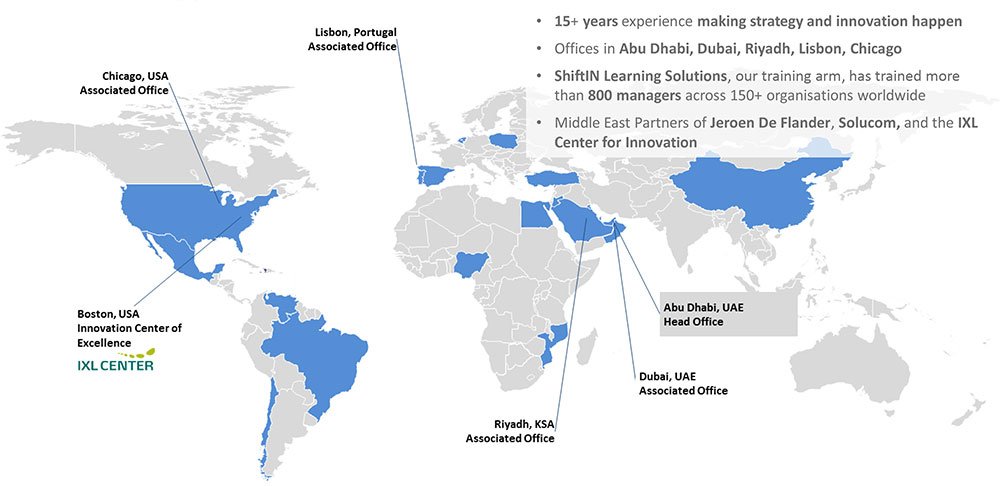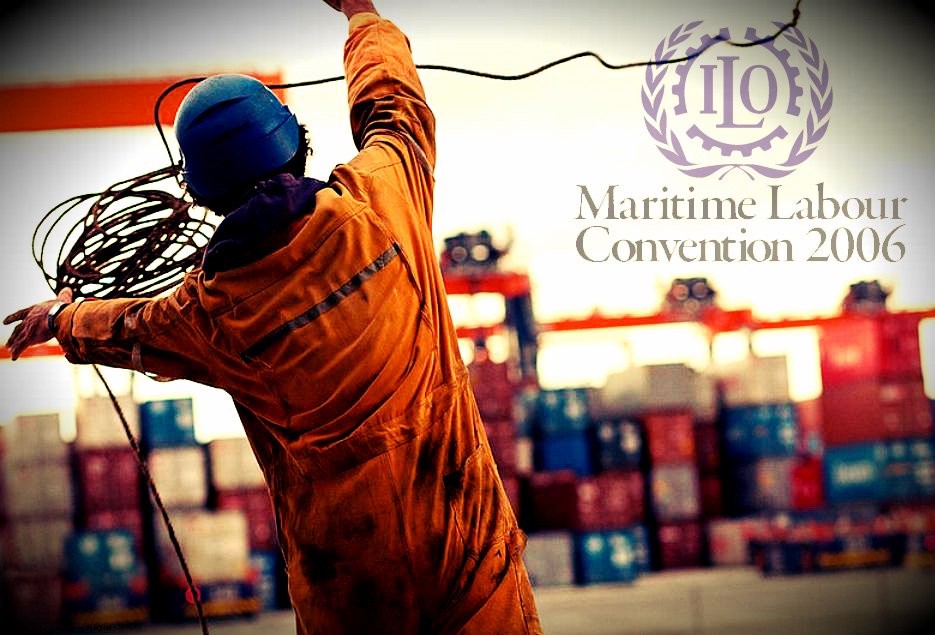By AMO Lawyers Contributor: Noverizky Tri Putra Pasaribu S.H LL.M (Adv); Gilang Mursito Aji S.H LL.M (Adv); Maritime Labour Convention (“MLC 2006”) was established in Geneva, Swiss as a part of the International Labor Organization (“ILO”). This convention was adopted with the purpose as to make sure that the rights and needs of seafarers can be secured. The MLC 2006 provides a set of comprehensive rights and protection at work for seafarers and aims to achieve a proper on board conditions covering various aspects, including working hours, health and safety, crew accommodation, seafarers’ welfare, and seafarers’ contractual arrangements. Another globally well-known convention regarding the maritime law is the United Nation Convention on The Law of the Sea (“UNCLOS”) which was concluded in 1982 and came into force in 1994. The UNCLOS defined the limits of the territorial seas of nations and the areas in which they could exploit the marine resources. Therefore, it did not provide any provisions regarding employment or working standards of seafarers as stipulated in MLC 2006. Although Indonesia had ratified the UNCLOS back in 1986, but this is not the case with the MLC 2006. Up until now, Indonesia has not yet become one of the Member States in MLC 2006. Nevertheless, an understanding of this Convention is of utmost importance for Indonesian seafarers, particularly for seafarers that are employed in a foreign ship. Therefore, in this article we will talk about the most important provisions of MLC 2006 that Indonesian seafarers or ship-owners have to take into consideration. The Subject Matter of MLC 2006 1. The Requirements for Seafarers According to MLC 2006 The general mandatory requirements for seafarers to work in a ship according to MLC 2006: The minimum age for a person to be employed or engaged in a ship is 16 years old. However, a higher age requirement is needed in particular conditions such as where the work is likely to jeopardize their health or safety. In such conditions, the minimum age of the seafarers shall be 18 years old. Hold a valid medical certification issued by a duly qualified medical practitioner. This medical certification shall attest that they are medically fit to perform the duties they will carry out at the sea. The medical certificate shall be in accordance with the requirements provided in the International Convention on Standards of Training, Certificate, and Watch keeping for Seafarers 1978 as amended by the 2010 Manila Amendments (“STCW”). In addition, the persons concerned with the conduct of medical fitness examinations of seafarer candidates and serving seafarers (i.e. the competent authority, medical practitioners, examiners, and ship-owners) should follow the ILO/WHO Guidelines for Conducting Pre-sea and Periodic Medical Fitness Examinations for Seafarers, including any subsequent versions, and any other applicable guidelines published by the ILO, International Maritime Organization (“IMO”), or World Health Organization (“WHO”). Currently, the aforementioned standards are also being followed in Indonesia. Has successfully completed training and certification of competence required, particularly with regard to personal safety on board ship. This training and certification shall be in accordance with the mandatory instruments adopted by the IMO (i.e. STCW). The recruitment and placement system shall be efficient, adequate, and accountable. Moreover, it shall conform to the standards set out in MLC 2006. 2. Conditions of Employment The seafarers’ employment agreement shall be in writing and legally enforceable. Therefore, it shall be in compliance with the standards set out in the MLC 2006(i.e. it shall contain full identity of the seafarers and ship owner, the place and date of the agreement, wages, annual leave, termination conditions, health and security benefits, etc.). These standards have been duly complied by the Indonesian law (Governmental Decree of Republic Indonesia No. 7 Year 2000 concerning Seafarer/”PP no. 7 tahun 2000”). Accordingly, both parties may choose the applicable law for the seafarers’ employment agreement. However, an Indonesian Court will not recognize an agreement written in foreign language, thus it is highly advisable for Indonesian Seafarer to use Indonesian language for their employment agreement or at least it has to be made bilingually (e.g. English and Bahasa Indonesia). Seafarers shall have the freedom to enter the employment agreement. Furthermore, they shall have the opportunity to review and seek advice regarding the terms and conditions provided there. The payment of the wages shall be paid on monthly intervals basis and in accordance with minimum wage fixed by the international labour standards, which is US$614 for the basic monthly minimum wage as of 1 January 2016 (according to the Resolution of Joint Maritime Commission on 28 February 2014: http://www.ilo.org/global/about-the-ilo/newsroom/news/WCMS_236644/lang–en/index.htm). However, Indonesian Minimum Wage (based on Provincial/Regional Minimum Wage) is still far below this standard since many of the Indonesian seafarers are still being paid lower than US$400 per month. The normal working hour’s standard shall be no more than an eight-hour per day with one day of rest per week and rest on public holiday. In addition, the maximum hours of work shall be 14 hours in any 24-hour period and 72 hours in any seven-day period. Seafarers are entitled for an annual leave which subject to any collective agreement or national laws / regulations. In this respect, the annual leave with pay entitlement shall be calculated on the basis of minimum of 2.5 calendar days per month of employment. Seafarers have a right to be repatriated at no cost to themselves if the seafarers’ agreement expires while they are abroad; or when the agreement is terminated by the ship-owner or by the seafarer for justified reasons. Moreover, they are entitled to be repatriated when they are no longer able to carry on their duties in specific circumstances. Seafarers are entitled for adequate compensation in the case of injury, loss, or unemployment arising from the ship’s loss or foundering. The indemnity against unemployment for such cases may be limited to two months’ wages. Ships are required to have sufficient number of seafarers on board, taking into account the particular nature and conditions of the voyage. Member States of MLC 2006 shall









